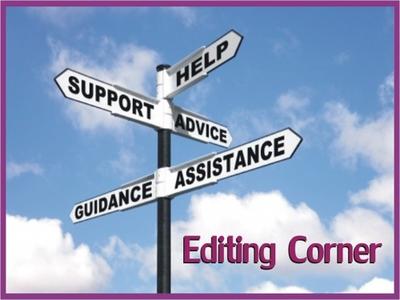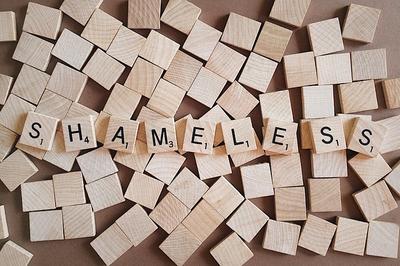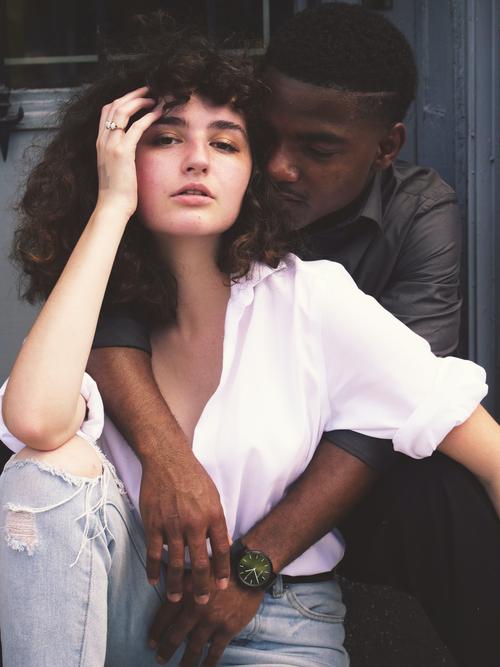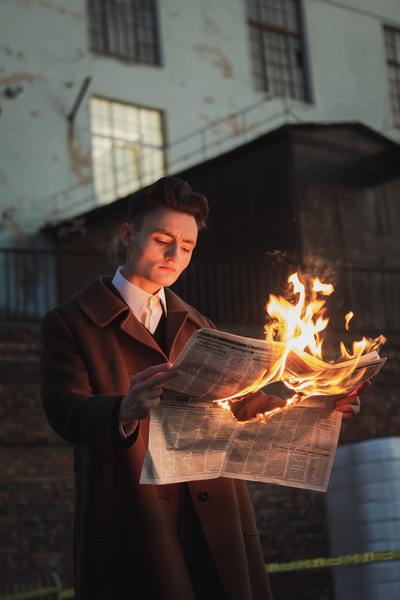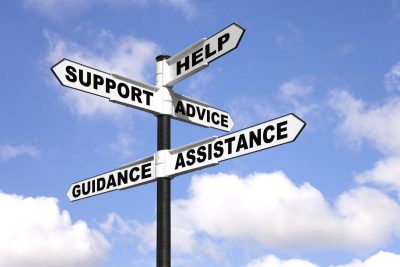Image by Engin Akyurt from Pixabay
So here we are, in the last few weeks of 2020, with the Covid-19 epidemic still raging. I’ll admit to being surprised. An eternal optimist, I expected the disease would be under control within a few months of its appearance. Instead, the pandemic rages on, worse now in some places than ever. It has radically altered day-to-day life, to a greater or lesser extent, for almost everyone on the planet. Furthermore, even with the encouraging developments related to vaccines, this situation seems likely to continue well into 2021.
Of course, lockdowns and quarantines can actually benefit us writers, more or less forcing us to put butt in chair. I’ve been very productive this year, writing a new novel and starting on its sequel as well as producing several shorter pieces and re-publishing some older work whose rights have reverted. Still, I’d trade it all to go back to life without masks, hand santitizers, contact tracing apps and social distancing.
What about our characters, though? Should we put them through all the (pardon-my-French) crap we’re dealing with in our own lives? If you write contemporary erotica or erotica romance, this is a serious question. Speaking for myself, I never go out of the house these days without two masks – one to wear, and one to give to somebody else who might need one. Should my heroine act the same way? Will readers who have now become accustomed to Covid-induced constraints think our stories are strange or unrealistic – or even irresponsible – if we leave out those ugly and annoying details?
I know that some of the members of the Storytime list have already incorporated Covid-19 into their fiction. We’ve also seen a run of flashers that depend on the special circumstances of lockdowns, working at home, Internet-only socialization and so on. I’ve written one or two myself.
However, I’m not going to include the daily irritations and terrors of Covid-19 into my main body of work, at least not for the foreseeable future. Why remind our readers of all the unpleasantness they’re already facing on a daily basis? Romantic or erotic fiction, no matter how “real” we try to make it, will always include an element of fantasy. It’s hard to imagine something less sexy than a global pandemic. I’d like my readers to forget about that aspect of their lives, at least for a while.
There’s another reason I’m not keen to have my characters wearing masks and worrying about contagion. Books have a potentially long lifetime. Details that are current and immediate now may well seem dated in a couple of years. In 2025, ubiquitous face masks may be viewed as weird. (Indeed, I hope this is the case.) I’d like readers to be able to relate to my work half a decade from now.
My first novel was published in 1999. It is still in print. Originally set in Bangkok in the nineties, it has no cell phones or social media, no Google or YouTube. And yes, it does feel a bit strange to read it now. The last time I edited and republished the book (about ten years ago), I decided to anchor it firmly in time (the year 2000), so that readers would judge it according to that particular era. That process made me very aware of how technological and social aspects of a book can affect the reading experience.
Of course, each of us must make a personal decision on this issue. One might liken it to the question of whether to write condoms into our erotic tales. Some authors feel that this is unnecessary in a genre based on wish-fulfillment. Others believe it’s their job to provide models of safe sex.
Indeed, younger readers who have grown up in the era of AIDS may find my erotica, where condom use is pretty rare, makes them uncomfortable. Alas, AIDS changed sex forever, in a very negative direction.
I pray that the long term effects of Covid-19 will be less damaging to our sexual, social and emotional health. I’d like to believe that’s true – as I said, I am an optimist. In any case, I’m writing my stories for happier days, when the pandemic is a sobering memory rather than a daily challenge.


